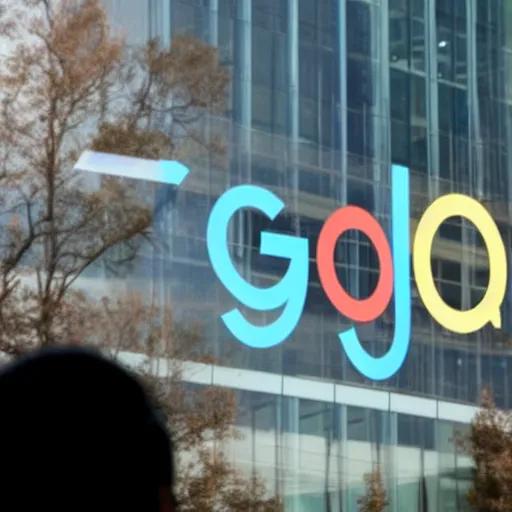Businesses have a wide range of options for where to operate artificial intelligence (AI) workloads, including on-premises and on various types of cloud infrastructure.
When it comes to AI platforms, there is no shortage of cloud possibilities, and it is also evident that the use of AI as a whole is contributing to cloud growth. Google made it clear that it wants to be the enterprise’s go-to deployment target for AI and machine learning (ML) workloads at the Google Cloud Next 2022 event.
Google unveiled a number of services at the event, including its brand-new Vertex AI Vision service, which offers computer vision as a service. With the new AI Agents service, Google also wants to make it simpler for businesses to develop particular kinds of AI-enhanced applications. The OpenXLA Project, an open-source initiative that intends to assist in uniting several machine learning frameworks, concludes Google’s AI announcements.
Google has created a “easy” button for computer vision
Google originally introduced Vertex AI as a fully managed cloud AI solution in May 2021. Google has been gradually enhancing the service’s capabilities to support businesses with certain use cases over the past 1.5 years.
One of the most prevalent uses of AI is computer vision, which offers the ability to recognise images for a variety of purposes. Google is now offering its users a managed service to make the development and deployment of computer vision more straightforward with its new Vertex AI Vision services.
According to Gerrit Kazmaier, VP and GM of database, data analytics, and Looker at Google, This [Vertex AI Vision] is a fully managed service for computer vision applications that allows you to automatically analyse video streams and photos and recognise objects. Giving all of our customers the opportunity to quickly and easily construct complex machine learning apps.
Google’s AI Agents activities are also motivated by the need to make it simpler for enterprises to gain AI benefits. With AI Agents, Google is developing specialised “agents,” which are services that are especially designed for a given purpose and are powered by Google AI technologies. The business will introduce one such AI Agent at Google Cloud Next 2022 along with the brand-new Translation Hub service. According to Kazmaier, customers will be able to translate documents into up to 135 different languages via the Translation Hub service.
Translation Hub basically expands on the notion of leveraging artificial intelligence and machine learning to make knowledge more widely available, according to Kazmaier. Consider a business and the capacity you receive from this to understand and service markets in multiple languages alive, therefore we are particularly thrilled about making translation more accessible to the globe with the Translation Hub, the Translation Hub’s creators said.
With OpenXLA, open-source machine learning advances.
Google is demonstrating its ability to collaborate with others in the AI and ML community at the Next 2022 event.
In a press conference, Sachin Gupta, VP and GM of infrastructure at Google Cloud, said, Google is collaborating with a number of open-source AI frameworks with industry experts, including AMD, Arm, Intel, Meta, Nvidia and others as part of our shared commitment to unite the AI ecosystem, helping customers avoid platform or model locking.
The collaboration is taking place through the brand-new OpenXLA project, which, according to Gupta, aims to aid in lowering the expense and complexity of ML deployment. By solving the issue of fragmentation that is now present in ML infrastructure, OpenXLA will be able to assist. According to Gupta, OpenXLA is creating a modular compiler and infrastructure tools with the help of an open community of contributors to hasten the development of AI.
Our long-term dedication to open ecosystems is based on the conviction that no one firm should control innovation in AI and ML, according to Gupta.




